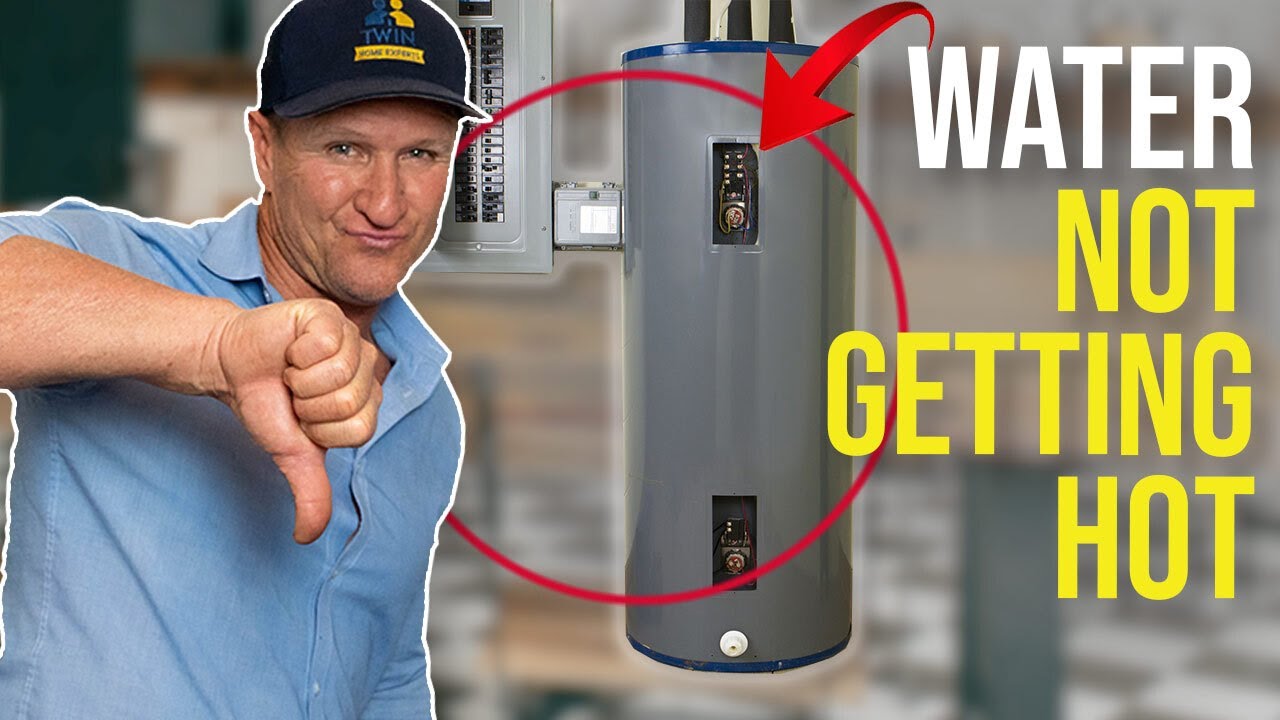“`html
No Hot Water in the house: A Comprehensive Guide
body {
font-family: sans-serif;
line-height: 1.6;
margin: 20px;
}
h1, h2, h3 {
font-weight: 600;
}
h1 {
font-size: 2em;
}
h2 {
font-size: 1.5em;
margin-top: 1.5em;
}
h3 {
font-size: 1.2em;
margin-top: 1em;
}
ul {
list-style-type: disc;
margin-left: 20px;
}
img {
max-width: 100%;
height: auto;
display: block;
margin: 20px auto; / Center the image /
}
No Hot Water in the House: A Comprehensive Guide

Waking up to a cold shower is a rude awakening, literally. A lack of hot water can disrupt your entire day, making simple tasks like showering, washing dishes, and doing laundry a major inconvenience. This comprehensive guide will walk you through the common causes of no hot water, troubleshooting steps you can take, and when it’s time to call a professional plumber.
Understanding Your Water Heater
Before diving into troubleshooting, it’s essential to understand the type of water heater you have. The most common types are:
Tank Water Heaters
These heaters store a large volume of hot water in a tank. They are typically powered by gas or electricity. Problems with tank heaters can include issues with the pilot light (gas), heating elements (electric), thermostat, or gas supply.
Tankless Water Heaters (On-Demand)

Tankless heaters heat water only when needed, providing a continuous supply. They are more energy-efficient but can be more expensive to install. Issues can arise with the igniter, flow sensor, or heating element.
Heat Pump Water Heaters
These heaters use electricity to move heat from the surrounding air to the water. They are energy-efficient but may not work as well in colder climates. Problems can occur with the compressor, fan, or refrigerant.
Common Causes of No Hot Water
Several factors can contribute to a lack of hot water. Here are some of the most common culprits:
Gas Supply Issues (Gas Water Heaters)
If your water heater is gas-powered, check if the gas supply is working. Check other gas appliances in your home. If they aren’t working either, contact your gas company.
Pilot Light Problems (Gas Water Heaters)
A blown-out pilot light is a common issue. Consult your water heater’s manual for instructions on relighting it. Be cautious when working with gas.
Electrical Issues (Electric Water Heaters)
Check your circuit breaker panel. A tripped breaker can cut off power to the water heater. Reset the breaker if necessary. Also, check the wiring to the water heater for any damage.
Thermostat Problems
The thermostat controls the water temperature. A malfunctioning thermostat can prevent the heater from heating water properly. Try adjusting the thermostat to a higher setting (but not excessively high) to see if that resolves the issue.
Heating Element Failure (Electric Water Heaters)
Electric water heaters have heating elements that warm the water. These elements can burn out over time. Testing the heating elements requires some electrical knowledge; if you’re not comfortable, call a plumber.
Sediment Buildup
Over time, sediment can accumulate in the tank of a traditional water heater, insulating the heating elements and reducing efficiency. Flushing the tank can remove sediment.
Leaks
Leaks can occur in the tank, pipes, or fittings. Check for any signs of water damage around the water heater. A leak can lead to a loss of hot water and potential damage to your home.
Faulty Valves
Valves control the flow of water in and out of the water heater. A malfunctioning valve can prevent water from entering or exiting the tank, leading to a lack of hot water.
Problems with Tankless Water Heaters
Tankless water heaters have their own set of potential issues, including problems with the igniter, flow sensor, or heating element. Consult the manufacturer’s instructions for troubleshooting tips.
Other Potential Issues
Less common causes include problems with the dip tube (which directs cold water to the bottom of the tank), or issues with the expansion tank (which accommodates changes in water volume).
Troubleshooting Steps
Here are some troubleshooting steps you can take before calling a plumber:
Check the Thermostat
Ensure the thermostat is set to the desired temperature. Try increasing the temperature slightly to see if that triggers the heater to turn on.
Check the Circuit Breaker (Electric Heaters)
Locate the circuit breaker for your water heater and make sure it hasn’t tripped. Reset the breaker if necessary.
Check the Pilot Light (Gas Heaters)
If you have a gas water heater, check if the pilot light is lit. Follow the instructions in your manual to relight it if it’s out.
Check for Leaks
Inspect the water heater and surrounding area for any signs of leaks. Address any leaks promptly to prevent further damage.
Flush the Tank (Tank Heaters)
Flushing the tank can remove sediment buildup and improve efficiency. Consult your manual for instructions.
Test the Heating Elements (Electric Heaters – Advanced)
Testing the heating elements requires a multimeter and some electrical knowledge. If you’re not comfortable, it’s best to call a plumber.
When to Call a Professional Plumber
If you’ve tried the troubleshooting steps and still have no hot water, it’s time to call a professional plumber. Here are some situations where it’s best to leave it to the experts:
Gas Leaks
If you suspect a gas leak, evacuate your home immediately and call your gas company. Do not attempt to troubleshoot gas-related issues yourself.
Electrical Problems
Working with electricity can be dangerous. If you’re not comfortable testing electrical components, call a qualified electrician or plumber.
Complex Repairs
Some repairs, such as replacing heating elements or dealing with complex plumbing issues, are best left to professionals.
Persistent Problems
If you’ve tried troubleshooting and the problem persists, it’s time to call a plumber. They have the expertise and tools to diagnose and fix the issue quickly.
No Hot Water After Power Outage
Sometimes, power outages can affect the water heater. If you still have no hot water after the power is restored, it’s best to call a plumber to inspect the system.
Preventing Future Issues
Regular maintenance can help prevent future hot water problems. Here are some tips:
Flush the Tank Regularly (Tank Heaters)
Flushing the tank once a year can remove sediment and improve efficiency.
Inspect for Leaks
Regularly check for leaks around the water heater and address any issues promptly.
Check the Anode Rod (Tank Heaters)
The anode rod protects the tank from corrosion. Have it inspected and replaced as needed.
Schedule Professional Maintenance
Consider scheduling annual maintenance with a qualified plumber to ensure your water heater is in good working order.
Conclusion
A lack of hot water can be a major inconvenience, but understanding the potential causes and taking the appropriate troubleshooting steps can often resolve the issue. When in doubt, or if you’re dealing with gas or electrical components, it’s always best to call a qualified plumber to ensure your safety and the proper functioning of your water heater. Regular maintenance can also help prevent future problems and keep your showers warm and comfortable.
“`
no hot water in house
